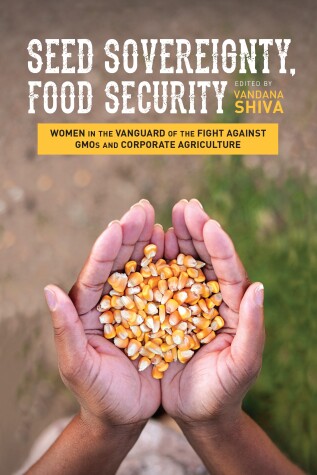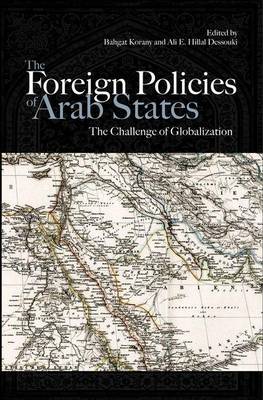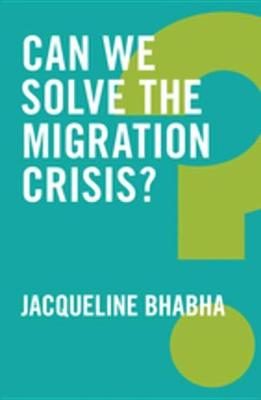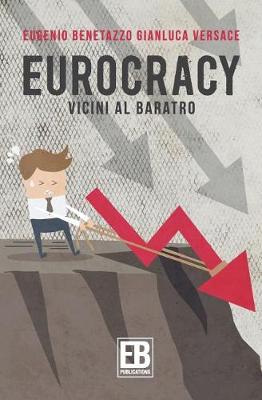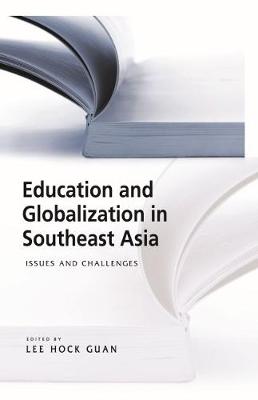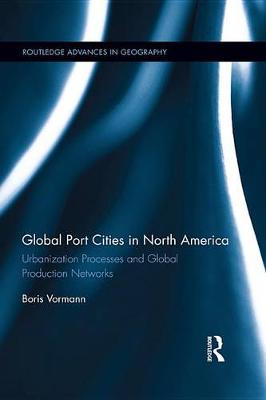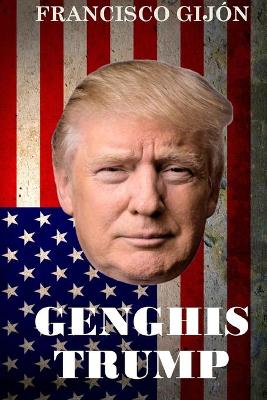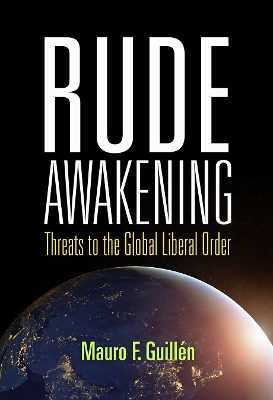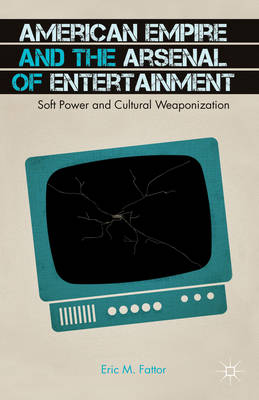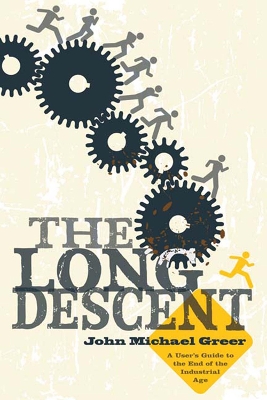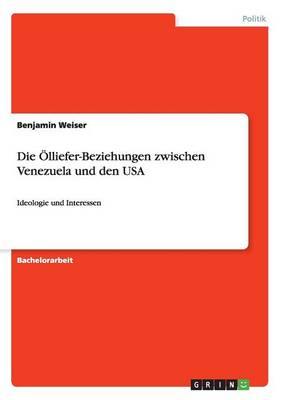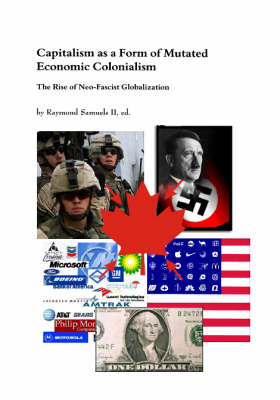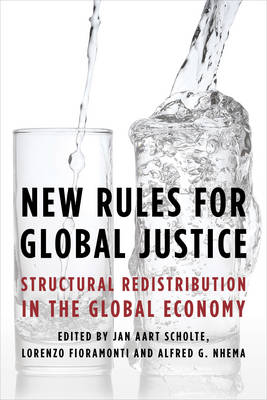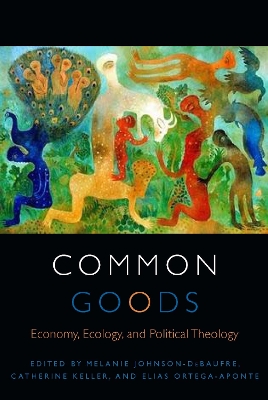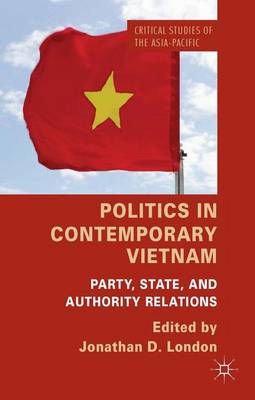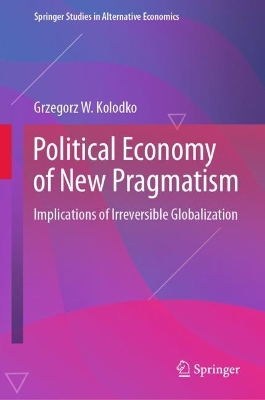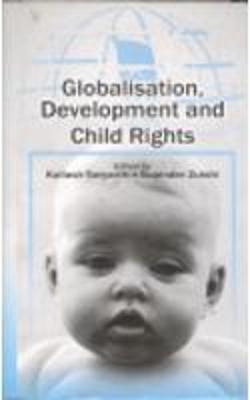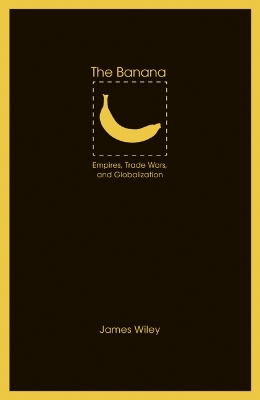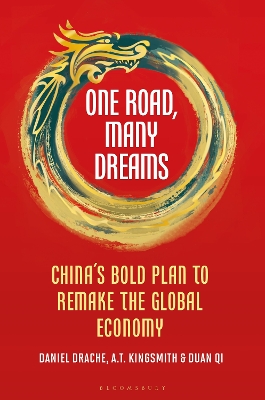In this unique anthology, women from around the world write about the movement to change the current, industrial paradigm of how we grow our food. As seed keepers and food producers, as scientists, activists, and scholars, they are dedicated to renewing a food system that is better aligned with ecological processes as well as human health and global social justice. Seed Sovereignty, Food Security is an argument for just that--a reclaiming of traditional methods of agricultural practice in order...
Can We Solve the Migration Crisis? (Global Futures)
by Jacqueline Bhabha
Every minute 24 people are forced to leave their homes and over 65 million are currently displaced world-wide. Small wonder that tackling the refugee and migration crisis has become a global political priority. But can this crisis be resolved and if so, how? In this compelling essay, renowned human rights lawyer and scholar Jacqueline Bhabha explains why forced migration demands compassion, generosity and a more vigorous acknowledgement of our shared dependence on human mobility as a key elemen...
Education and Globalization in Southeast Asia
Prior to the era of globalization, education in Southeast Asia was viewed in the context of the national state and it was deployed in the service of state and nation-building and national economic development. States monopolized education, and public-funded centralized education systems were established to teach literacy, transmit national cultures and promote social cohesion, and to produce literate workers. Globalization forces, however, dramatically impacted in varying ways and degrees the na...
Global Port Cities in North America (Routledge Advances in Geography)
by Boris Vormann
As the material anchors of globalization, North America's global port cities channel flows of commodities, capital, and tourists. This book explores how economic globalization processes have shaped these cities' political institutions, social structures, and urban identities since the mid-1970s. Although the impacts of financialization on global cities have been widely discussed, it is curious that how the global integration of commodity chains actually happens spatially - creating a quantitativ...
In the wake of World War II, a number of institutions designed to promote a liberal global economic and geopolitical order were established—the International Monetary Fund, the General Agreement on Tariffs and Trade (forerunner of the World Trade Organization), and the World Bank in the economic sphere, and the United Nations in the geopolitical realm. Although these organizations were far from perfect, their actions promoted rising living standards and political freedoms for all. Liberalism thu...
The concept of 'Soft Power' is used to discuss how culture can assert dominance within international relations, but what if entertainment could be used as a weapon itself? Despite recent upheavals like the worldwide financial meltdown and the Arab Spring, organized global resistance to American power remains fragmented. Advanced communications technologies have played an essential role in the rise and persistence of American power, and in many respects, has been a 'weapon' against rejection of A...
SeattleOil.com The Internet writings of John Michael Greer - beyond any doubt the greatest peak oil historian in the English language - have finally made their way into print. Greer fans will recognize many of the book's passages from previous essays, but will be delighted to see them fleshed out here with additional examples and analysis.The Long Descent is one of the most highly anticipated peak oil books of the year, and it lives up to every ounce of hype. Greer is a captivating, brilliantly...
Die OElliefer-Beziehungen zwischen Venezuela und den USA
by Benjamin Weiser
Today's globalised world means offshore finance, airport boutiques and high-speed Internet for some people, against dollar-a-day wages, used t-shirts, and illiteracy for others. How do these highly skewed global distributions happen, and what can be done to counter them? New Rules for Global Justice engages with widespread public disquiet around global inequality. It explores (mal)distributions in relation to country, class, gender and race, with international examples drawn from Australia to Z...
In this book, a key question is discussed: what is the effect of globalization on societal level inequality? Intended for undergraduates, the book investigates the links between global processes and shifting patterns of stratification, inequality, and social mobility. Most books directed at undergraduates tend to separate discussions of micro-level processes (finding work, e.g.), or macro-level processes (shifting economic structures, e.g.), or global inequality (between societies) without makin...
Common Goods (Transdisciplinary Theological Colloquia)
by Catherine Keller and Elias Ortega-Aponte
In the face of globalized ecological and economic crises, how do religion, the postsecular, and political theology reconfigure political theory and practice? As the planet warms and the chasm widens between the 1 percent and the global 99, what thinking may yet energize new alliances between religious and irreligious constituencies? This book brings together political theorists, philosophers, theologians, and scholars of religion to open discursive and material spaces in which to shape a vibrant...
Politics in Contemporary Vietnam (Critical Studies of the Asia-Pacific)
Vietnam's political development has entered an extraordinary, if indeterminate, phase. Comprising contributions from leading Vietnam scholars, this volume comprehensively explores the core aspects of Vietnam's politics, providing a cutting-edge analysis of politics in one of East Asia's least understood countries.
The Communist Party of China (CPC) is one of the great political forces of modern times. In charge of the destiny of a fifth of humanity, it survives despite the collapse of similar systems elsewhere. Few, however, understand the sources of this resilience, or, for that matter, what the Party itself stands for. China’s Dream is the first book to explore the Communist Party as a cultural, rather than a political, entity. It looks at the narratives the Party has created to recount its own histor...
Political Economy of New Pragmatism (Springer Studies in Alternative Economics)
by Grzegorz Kolodko
This book provides answers to fundamental questions of sustainable development and international cooperation in light of irreversible globalization. Based on comprehensive research and a wealth of experience from his own political activities, the author offers an insightful analysis of the globalized economy and its political, cultural and ecological context. Presenting an objective assessment, the author diagnoses the state of affairs and formulates recipes to overcome present day challenges, s...
Globalisation,Development and Child Rights
by Bupinder Zutshi and Kailash Satyarthi
Waves of Social Movement Mobilizations in the Twenty-First Century
by Nahide Konak, Ernesto Castaneda, Luis Rub Cepeda, and G Goularas
Based on case studies, this book analyzes a recent wave of social movement and protests in the twenty-first century. It has two overarching broadly defined themes: first, to identify commonalities across the social movements and protests in terms of strategies, desire, hopes as well as the main factors in the decline of the movements. And second, to underline the significance of the general economic, social, and political conditions in which these protests arose. Although there are specific nati...
The banana is the world's most important fresh fruit commodity. Little more than a century old, the global banana industry began in the late 1880s as a result of technological advances such as refrigerated shipping, which facilitated the transportation of this highly perishable good to distant markets. Since its inception the banana industry has been fraught with controversy, exhibiting many of the issues underlying the basic global economic relations that first emerged in the era of European co...
One Belt, One Road is China's bold plan to remake the global economy. It's an ambitious strategy with a $2 trillion - and rising - budget. The objective? To challenge the existing economic and political world order. One Road, Many Dreams reveals the true extent of China's ambition, analyses the impact of the One Belt, One Road initiative and assesses its chances of success and failure. This is the Asian century and China has a plan - to remake the world economy. Under its audacious One Belt...
